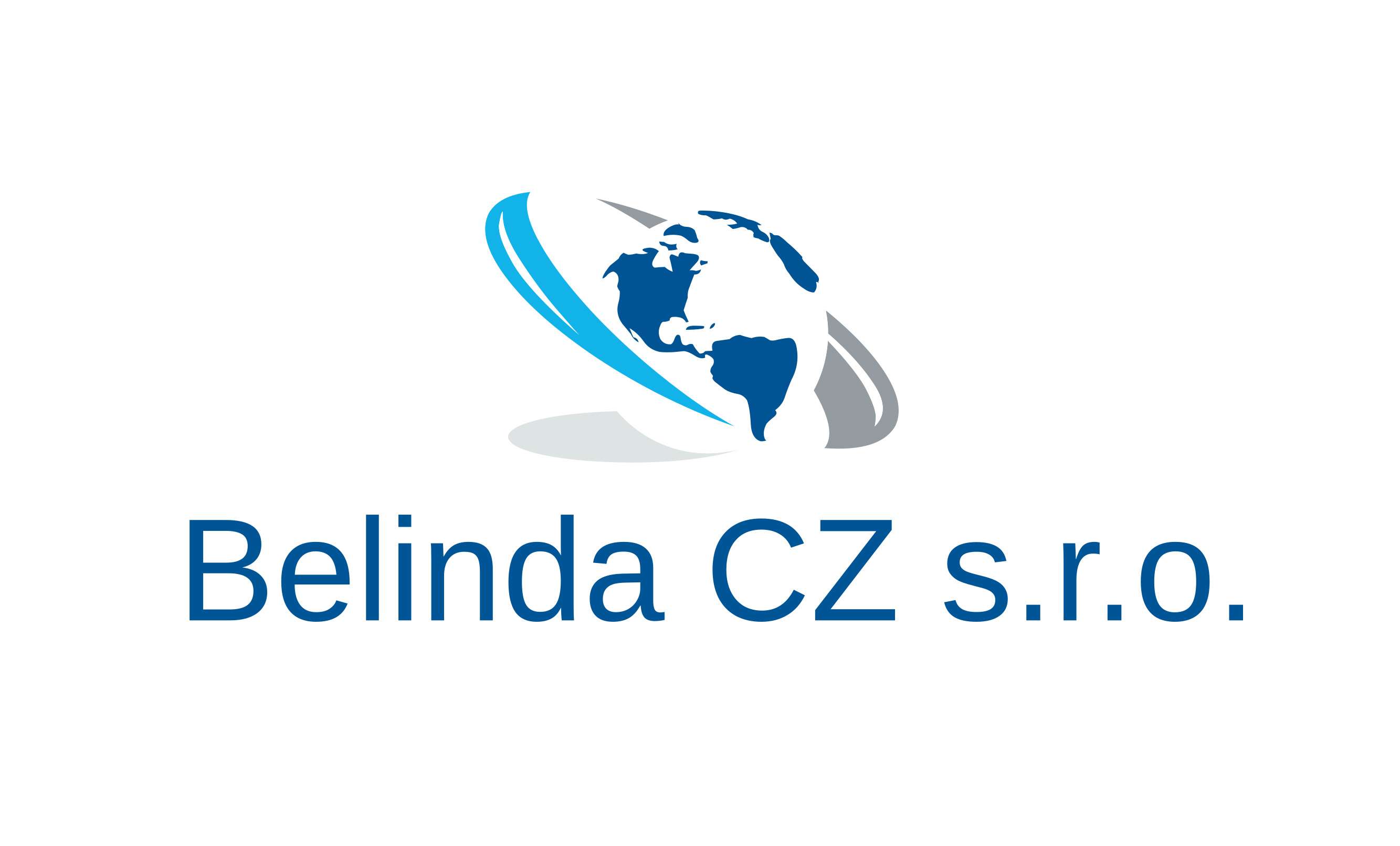The Total Economic Impact™ Of Microsoft Teams
In today's hybrid workplace, organizations are searching for ways to reduce costs, improve workflows and drive better outcomes. Microsoft Teams provides a versatile, feature-rich integration platform that streamlines workflows, automates processes and connects employees. By consolidating collaboration tools onto one platform, organizations can save money, promote efficient information sharing and enable faster collaboration. Microsoft commissioned a study that shows the potential financial impact of Teams on organizations. With Microsoft Teams, employees can easily switch from chat to calls or team meetings, staying connected and productive wherever they work. Teams also offers new experiences like Microsoft Teams Rooms to transform traditional conference rooms. Read an executive summary of The Total Economic Impact™ of Microsoft Teams from Forrester for insight.
What are the key benefits of using Microsoft Teams?
Organizations can experience several benefits from using Microsoft Teams, including increased efficiencies for office and knowledge workers, improved collaboration for frontline workers, and significant cost savings from retiring legacy solutions. For instance, the composite organization in the study realized a present value of $19.6 million from office worker efficiencies and $14.3 million from frontline worker efficiencies over three years.
How does Microsoft Teams improve communication?
Microsoft Teams streamlines communication by providing a single platform where employees can easily switch between chat, voice, and video calls. This integration reduces the time spent on emails and formal meetings, allowing for quicker, more spontaneous interactions. The study highlighted that Teams enables employees to stay connected and productive, regardless of their physical location, which is particularly beneficial in hybrid work settings.
What is the financial impact of adopting Microsoft Teams?
The financial analysis from the study indicates that organizations can expect a net present value (NPV) of $35.04 million and an ROI of 291% over three years. This is based on benefits totaling $47.10 million compared to costs of $12.06 million, demonstrating a strong financial case for adopting Microsoft Teams as a unified collaboration platform.



